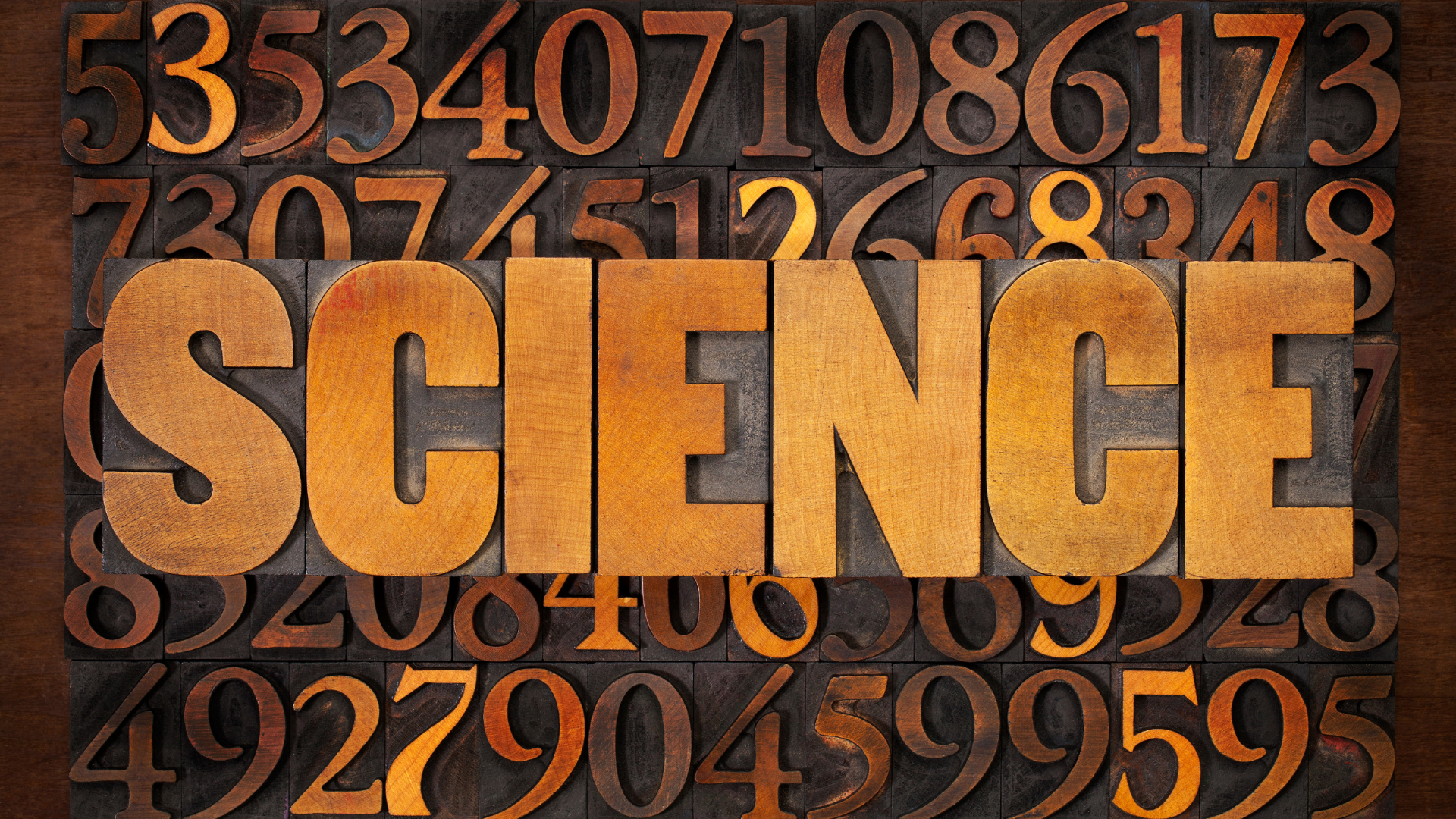
What Are The 5 Branches of Science?
Science is a broad collection of knowledge and skills that provide us with a deeper understanding of the world around us and life itself. It includes the primary scientific method, which allows us to collect, analyze, and interpret data and the history of science, which gives us a perspective on the current state of knowledge. When it comes to science, there is no single answer to which branches should be studied. This is due to various reasons, including the intrinsic range of subjects covered by each department, their methodological and statistical differences, and the diversity of their applications.
Ever wonder what the five (5) different types of science are? There is:
- Physical Science
- Biological Science
- Earth Science
- Chemistry
- Physics
They are all related, but today we will look at the 5 branches of science, as well as a few others that are not so well known.
Physical Science
It’s the catch-all term for all the non-bio-chemical sciences. It covers everything from astronomy to meteorology, but it also encompasses the study of materials, weather, and energy. Physical science is one of the big 5 branches of science as it looks at how the world around us works and how to investigate and test these things. It is also the one that looks at how to use scientific techniques to investigate a wide range of subjects.
Biological Science
Biology is a vast, diverse field, and it is the study of life. It is the study of organisms, the process, and study of their development, behaviour, and life history. Biology is the study of the natural world and everything it contains, from the single cell to the world around us. Biology is the study of everything that is living. Scientists study plants, animals, and microorganisms, trying to discover the nature of life and how it works. Biologists examine cells and the molecules that make up living things, looking for clues about how the cells work and how they produce and store energy. They study the genetic code that makes our bodies work, the activity of genes in cells, and how cells function in bodies and tissues.
Earth Science
The Earth Science branch of science is responsible for understanding the composition, structure, and evolution of our planet. It’s a fascinating blend of physical, biological, and chemical sciences, all working together with geoscience to unravel Earth’s story. School’s Earth science curriculum is your chance to delve into this amazing world, exploring everything from the air we breathe to the hidden wonders beneath our feet. This knowledge is crucial for tackling challenges like climate change. Take snow, for instance. The amount of snow that accumulates in winter and melts in spring and summer significantly impacts our water resources. Here’s where the concept of M3 Works Snowpack Modeling comes in. By using scientific principles, researchers can predict how much snow melts, helping us manage our water supplies more effectively, especially as our climate continues to change.
Chemistry
Chemistry is the study of matter and its interactions with energy. Science makes everyday life possible, from our food to clothing to household cleaners. Chemistry also has applications in many areas of science, including biology, geology, astronomy, and medicine. Chemistry is taught in a variety of places, from introductory courses in high school to advanced courses in graduate school and is taught with various tools and techniques. Some people do not consider chemistry a science at all.
Chemistry is a science that makes everything in the world possible, from pencils and paper to the drugs we use to treat illness. It’s a complicated science that involves measurement, calculation, and empirical observations. But for all its scientific complexity, a simple way to think about chemistry is the black box of life. It’s the science of the things around us, from the air we breathe to the colour of our skin, but it’s also the science of things we use to keep us alive, like insulin and oxygen.
Physics
Physics is the study of the way things work. The word physics comes from the Greek “physis,” which means natural or produced. It is the study of all-natural occurrences and the laws of nature. Physics is the science of the universe, the most fundamental and reliable science in the world. Physics is one of the greatest sciences, with thousands of years old roots.
Physics is the study of matter and energy, the fundamental forces of nature, and the structure of matter. There are many different branches of physics, each with different aims and focuses. Some branches are concerned with the very nature of the world, while others are concerned with how we interact with it.

Comments (0)